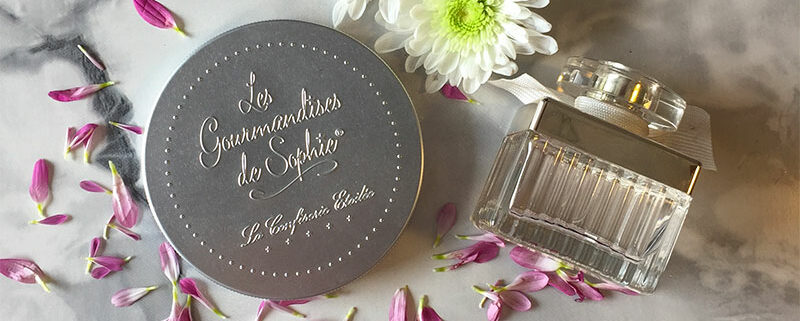Small businesses can make a big impact
Chris Saunders, Managing Director, tells how even small businesses can create a big impact with sustainable packaging choices
I’ve seen a lot of new start-ups and businesses on Instagram and other social media channels recently, and often look at their product packaging and think, ‘it’s all just a lot of plastic again’. Packaging is frequently missed as part of the promotion or marketing plan for SMEs.
Small or medium size businesses could make a bigger impact not only environmentally but also in their marketing if they were using sustainable metal packaging as part of their range. There’s no rule that says you must only use metal or plastic or glass – there is huge value in simply changing one product pack or one lid to metal, for example.
The small changes really add up in terms of environmental impact. As a result, small brands can then promote the packs as much as the product.
In the context of cosmetics especially, which is a major sector for us, one of the biggest impacts that a small company could make by changing to metal would be on the recycling rates of beauty packaging compared to a plastic hair wax tub or a plastic lip gloss container for example.
In my opinion, the younger generation are the most committed to sustainability, and the most likely to pay attention to the recycling credentials of product packaging. Brands who focus on this point will boost their eco credentials and win a major marketing point with young consumers.
Ultimately, our key message is that metal recycles forever and for the younger generation, ‘forever’ is perhaps more meaningful. It’s their future we’re protecting by recycling packaging today. For older generations, issues around sustainability and recycling aren’t ingrained into everyday life in the way it hopefully will be for the next generation of industry leaders, policy makers and consumers.
There are many challenges for small companies now. Supermarkets are reducing stock keeping units (SKUs) like there’s no tomorrow. Compared to how many different SKUs supermarkets and department stores were selling 2-3 years ago, it’s massively reduced. So, who’s going to take a product from a new start-up? Probably not the supermarket chains.
One thing we can do to make metal packaging a more affordable option for small businesses looking to make a big eco impact is to steer them towards keeping packs as standard as possible. If, as a small business, they only want small quantities to begin with, it’s likely to be the more cost-effective solution for them, as we will have units in stock and don’t require the purchase or creation of bespoke tooling.
For example, a standard 15ml aluminium jar (popular for lip balms) that we make and sell to UK and European stockists would be available to order in a relatively small number, and customisation options are available via labelling. This is an inexpensive way to trial metal packaging without overcommitting on the budget sheet.
It’s worth noting also that small companies don’t have to feel pressured to choose between metal and plastic packaging. Quite a few companies decide to have an aluminium product (such as a hair or beard wax tin) within a larger range that includes other packaging formats such as glass and plastic (a hand pump bottle for soap or lotion for example). Often, they’ll request items that need to aesthetically match and look pleasing alongside other items in their range, but they won’t necessarily all be formed of the same material.
Coca-Cola is a classic example of mixed packaging, albeit on a larger scale. Their product is still sold in traditional glass bottles with crown corks, but they also sell in aluminium beverage cans which they have done for years, they sell in glass, and they sell in PET plastic – so it’s not always just about all metal, sometimes it’s about choices within a range.
Often when we think of behaviour change around packaging, we’re thinking of global brands and sales in huge numbers. But it’s just as important to consider that a big impact can be driven by smaller businesses making sustainable choices – metal can help achieve this, one lid, jar or tin at a time.



